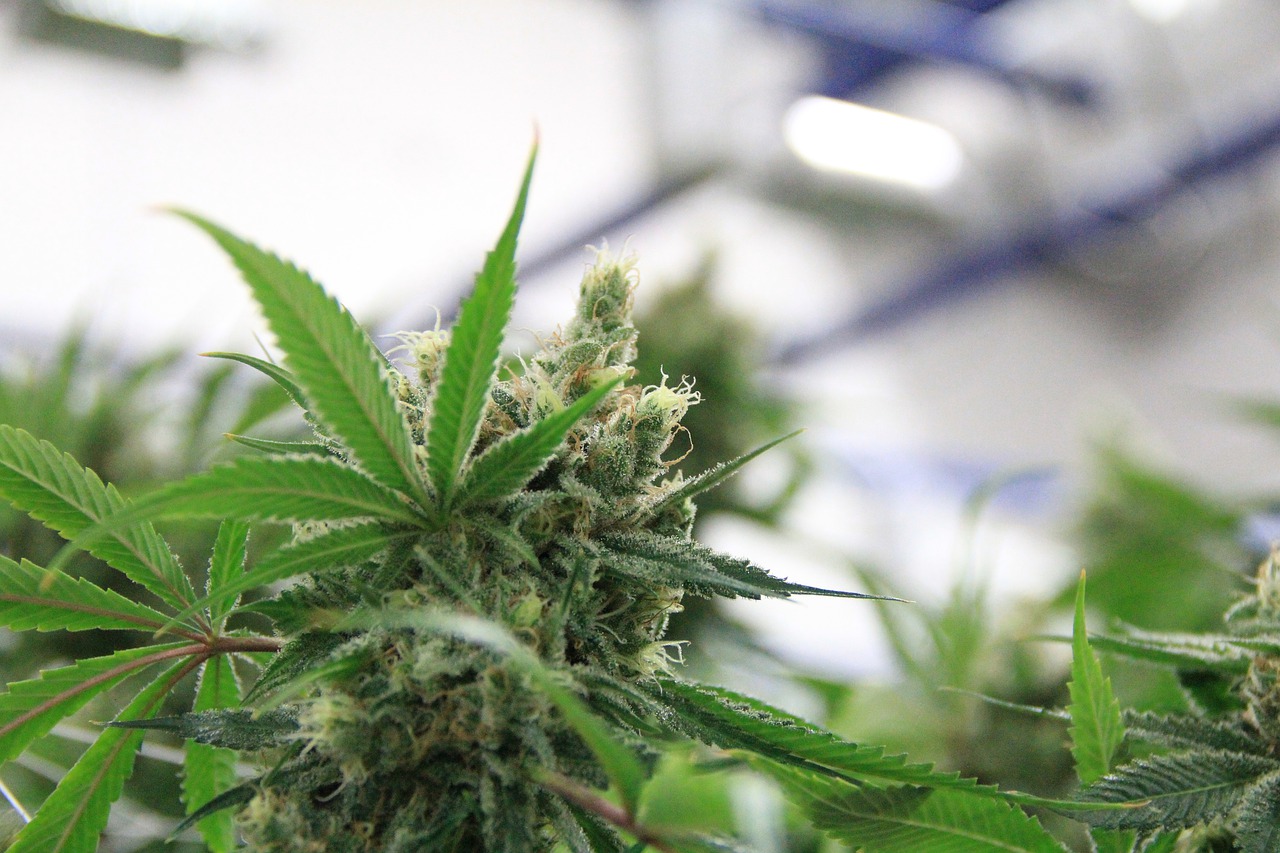This post was updated on 6 November 2020, following the final results of this year’s referenda. The original 30 October post is below this new comment.
New Zealanders have voted ‘no’ to the recreational cannabis referendum by a small margin.
Following the count of special votes, the final tally came to 50.7 per cent in opposition and 48.7 per cent in favour.
The SMC asked experts to comment on the final result.
Dr Luke Chu, Senior lecturer, School of Economics and Finance, Victoria University of Wellington, comments:
“The referendum was intended to be an opportunity for the public to ponder the issues on legality and social impacts of cannabis. Unfortunately, the referendum did not pick up momentum and received relatively little attention from the public.
“Overall, media coverage was rather limited and failed to inform the public the scientific evidence we have. For example, Dr. Kate Baddock, chair of the New Zealand Medical Association’s (NZMA), openly opposed the referendum and argued cannabis use causes significant health and social issues. While such claim is not supported by the large literature of research on medical and recreational cannabis legalisation from the U.S. and other countries, it was still taken as NZMA’s formal position on referendum. In fact, the NZMA stuck with such claim even after it later changed its position to neutral.
“Despite cannabis legalisation in other countries showing favourable health and social outcomes, the pro-legalisation side also did not provide compelling evidence from the abundance of scientific research but relied on the old-fashioned social justice argument. Although ethnic disparity of incarceration remains a huge problem in New Zealand, only less than five people are sentenced to imprisonment per year in the past few years because of cannabis possession offense. My hope is that the scientific community can do better at communicating scientific evidence to the public in the future, so that the public can make informed decision.”
No conflict of interest
30 October 2020
Preliminary results from this year’s recreational cannabis referendum show a nation tightly divided on the issue, with a roughly 160,000 vote difference between its opposition and supporters.
Around 53 per cent of New Zealand voters voted against legalising possession and use of the drug in limited amounts, while 46 per cent voted ‘yes’. The final referendum results, which will include an estimated 480,000 special votes, will be released on Friday, 6 November.
The SMC asked experts to comment on the results.
Dr Marta Rychert, Senior Researcher in Drug Policy, Massey University, comments:
“The preliminary cannabis referendum result favours the ‘no’ outcome (53% no v 46% yes), with the vote ‘no’ leading by some 167,000 votes. With the estimated 480,000 special votes still to be counted, the result remains uncertain at this stage, although a significant majority of special votes (nearly 70%) would need to be in favour of the reform to change the final outcome.
“If the preliminary result is confirmed next week, it would not be an entirely unexpected outcome or experience unique to New Zealand. A number of US states have recent experiences with failed ballots to legalise cannabis. For example, an Ohio ballot measure failed in 2015 and a North Dakota Initiative failed in 2018. In Uruguay, where cannabis was legalized by the Parliament without public voting on legalisation, public opinion polls at the time indicated only 30-35% support for the reform (although the support for reform increased over time).
“These experiences show that garnering public support for such a controversial, complex and divisive issue is difficult.
“Whatever the final result announced next week, the referendum has contributed to a more nuanced public debate about legal response to personal use of cannabis. Hopefully, it has also increased the public’s understanding of harms and opportunities presented by different policy options.
“In the event of ‘no’ result confirmed next week, we may well see some changes to the Misuse of Drugs Act, although likely less dramatic than the proposed Cannabis Legalisation and Control Bill. It’s likely that de jure decriminalization of cannabis possession will be on the table, as that option was favoured even by some stakeholders who campaigned against the referendum Bill. Meantime, New Zealand will ‘buy time’ to learn from experiences and evaluations of legal cannabis regimes being implemented overseas, as we are likely to continue to witness other countries reforming their cannabis laws.”
No conflict of interest
Associate Professor Chris Wilkins, SHORE & Whariki Research Centre, Massey University, comments:
Associate Professor Wilkins was on the Prime Minister’s Chief Science Advisor’s expert panel on cannabis.
“The narrow ‘no’ majority vote in today’s cannabis referendum I think reflects general public concerns and uncertainty about key issues in the debate, including (1) whether the proposed restricted commercial regime for cannabis really would be effective at restricting youth access to cannabis (based on experience with alcohol age limits), (2) potential negative consequences for driving safety, (3) counter-productive impact on public health campaigns against smoking, (4) whether the legal cannabis industry could be controlled in the long term (again based on ongoing experience with alcohol), (5) whether legalisation and accompanying normalisation may lead to rising use and dependency with related health and social costs, and (6) whether legalisation would really reduce the black market and the power of drug-selling gangs.
“One important positive, which potentially comes from the result, is New Zealand will now have the opportunity to study cannabis legalisation reforms and outcomes currently underway overseas in US, Canada, and Uruguay over a number of years and learn important lessons about what policy settings and regulatory frameworks are effective. This evidence could more definitively address many of the outstanding questions that have been raised in the public debate over recent months.”
No conflict of interest
